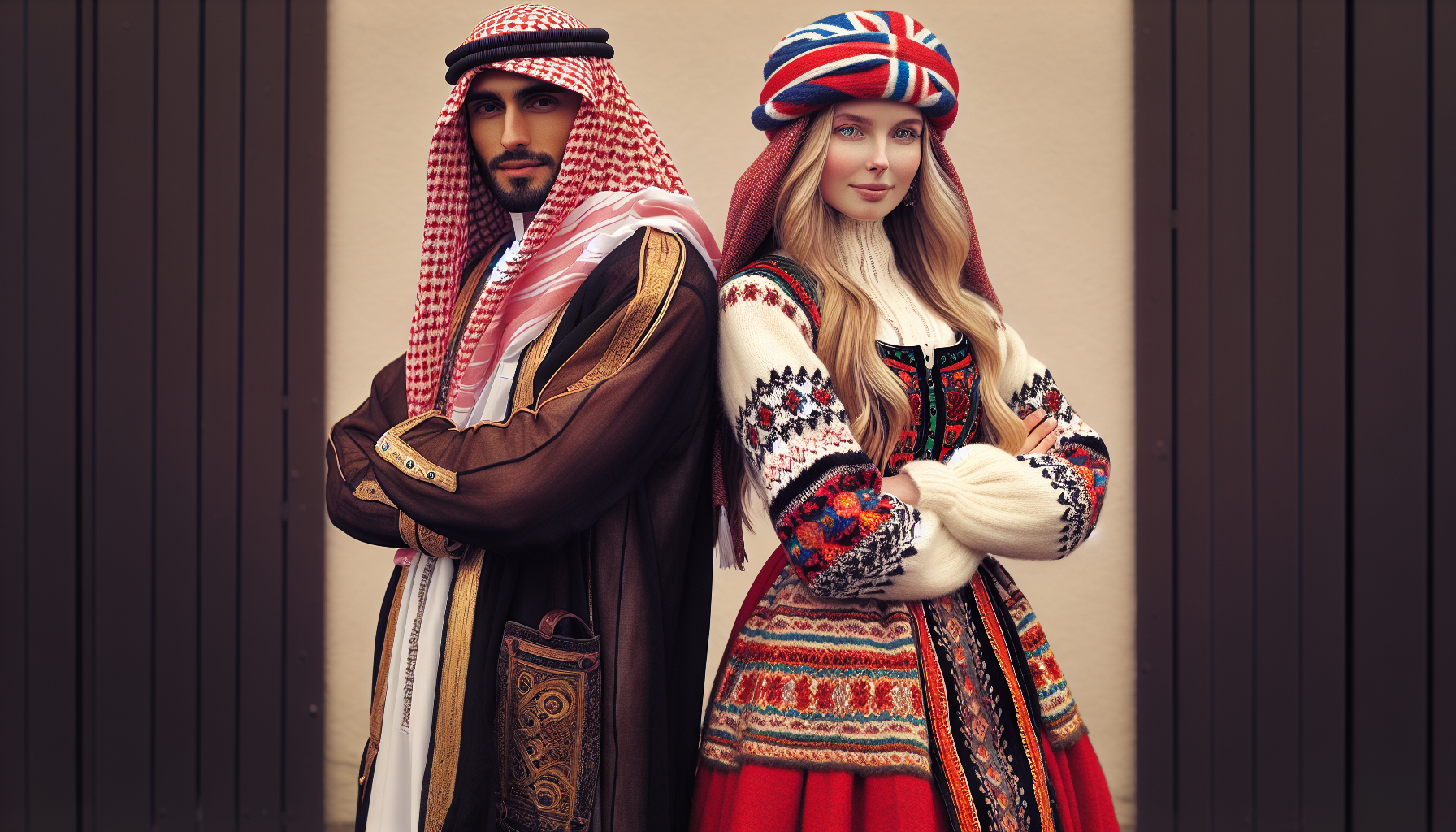The Art of Controversy: How Mohamed Al Fayed Turned Scandals into Success

Al Fayed's business journey is punctuated by controversy, each scandal presenting significant risks to his reputation and ventures. Yet, rather than retreating, Al Fayed has consistently demonstrated an uncanny ability to leverage these controversies to his advantage. A prime example occurred shortly after he acquired Harrods in 1985. Al Fayed quickly became the subject of scrutiny regarding his business practices and lifestyle. Instead of retreating from the spotlight, he embraced it, crafting Harrods as a must-visit destination in London. This strategy was particularly evident in the wake of the tragic death of Princess Diana in 1997. Al Fayed's public claims about the circumstances surrounding her passing, along with accusations against the British royal family, kept him and Harrods in the headlines. While these statements drew criticism, they also sparked discussions that ultimately enhanced his brand visibility. By engaging with the media and controlling the narrative, Al Fayed managed to maintain relevance in a highly competitive landscape, showcasing how controversy can serve as an effective marketing strategy.
The Role of Media Attention
Al Fayed's interaction with the media has been multifaceted; he has often been both a target and a beneficiary of public attention. His ability to generate headlines has proven invaluable. When faced with backlash, Al Fayed would frequently respond with press conferences or interviews, ensuring that his perspective was prominently featured. This proactive approach not only mitigated potential damage but also positioned him as a resilient and tenacious figure. For instance, when Harrods faced accusations about its pricing strategies, Al Fayed did not shy away from the controversy. Instead, he embraced it, asserting that the luxury store offered a premium experience that justified its prices. By reframing the narrative around exclusivity and luxury, he turned potentially damaging criticisms into a badge of honor, thereby reinforcing Harrods' status as a premier shopping destination.
Reinforcing Brand Identity Through Controversy
Al Fayed's adeptness at navigating scandals has not only preserved his reputation but has also solidified his brand identity. By positioning himself as a maverick who defies convention, he has attracted a loyal customer base drawn to his boldness. This strategy extends beyond Harrods to his other business ventures, including his ownership of Fulham Football Club, where he was known for making headlines both on and off the pitch. The controversies surrounding Al Fayed often touch upon themes of social commentary, including class, privilege, and the complexities of British society. By tapping into these issues, he has cultivated a persona that resonates with a broad audience, ensuring that his name remains synonymous with luxury and rebellion. For example, his outspoken criticism of the British establishment has garnered both admiration and criticism, further complicating public perception while simultaneously reinforcing his brand image.
Mohamed Al Fayed's journey through the luxury retail sector serves as a compelling illustration of how controversy can be harnessed as a tool for success. By strategically navigating scandals and leveraging media attention, Al Fayed has built an empire that thrives on the very elements some might consider detrimental. His story is a powerful reminder that in the competitive world of business, success is often defined not by the absence of scandal, but by the ability to transform moments of crisis into opportunities for growth and brand reinforcement. For aspiring entrepreneurs and business leaders, Al Fayed's approach offers invaluable lessons in resilience, adaptability, and the art of controversy. It challenges the conventional wisdom that scandal is inherently damaging, suggesting instead that with the right strategy, it can serve as a springboard for greater visibility and success.
Brand Strategist
Advertising agencies, consumer goods companies, luxury brands
Core Responsibilities
Develop and implement brand positioning strategies to enhance market presence and brand identity.
Conduct competitive analysis and market research to identify trends and consumer insights.
Collaborate with marketing, PR, and product development teams to align brand messaging across all channels.
Required Skills
Strong understanding of brand management principles and marketing strategies.
Proficiency in data analysis tools and market research methodologies.
Excellent communication and presentation skills to effectively convey brand narratives.
Public Relations Specialist
PR firms, corporate communications departments, non-profit organizations
Core Responsibilities
Craft and disseminate press releases, speeches, and other media materials to shape public perception.
Build and maintain relationships with journalists and media outlets to secure positive coverage.
Monitor media coverage and assess the impact of PR campaigns, adjusting strategies as needed.
Required Skills
Exceptional writing and storytelling abilities tailored to various media platforms.
Strong networking skills and familiarity with media relations.
Crisis management experience to handle negative publicity effectively.
Crisis Management Consultant
Consulting firms, corporate risk management departments, government agencies
Core Responsibilities
Develop crisis communication plans tailored to organizational needs to mitigate reputational damage.
Provide strategic advice during crises, including media training for executives and spokespersons.
Analyze the effectiveness of crisis responses and recommend improvements for future preparedness.
Required Skills
Experience in risk assessment and crisis communication strategies.
Strong analytical skills to evaluate crisis scenarios and outcomes.
Excellent decision-making and interpersonal skills to navigate high-pressure situations.
Luxury Retail Manager
High-end department stores, luxury brands, boutique retailers
Core Responsibilities
Oversee daily operations of luxury retail stores, ensuring exceptional customer service and sales performance.
Develop and implement marketing strategies to attract high-end clientele and enhance brand loyalty.
Train and manage staff to maintain brand standards and deliver an exclusive shopping experience.
Required Skills
In-depth knowledge of luxury market trends and customer preferences.
Strong leadership and team management abilities.
Proficiency in retail management software and sales analytics.
Media Relations Coordinator
Media agencies, corporate communications teams, event management companies
Core Responsibilities
Coordinate media outreach efforts, including drafting pitches and managing press lists for events and announcements.
Track and compile media coverage reports to evaluate the impact of PR initiatives.
Assist in organizing press events, product launches, and media briefings.
Required Skills
Strong organizational and multitasking skills to handle multiple projects simultaneously.
Ability to write compelling and concise media correspondence.
Familiarity with social media platforms and their role in modern public relations.


